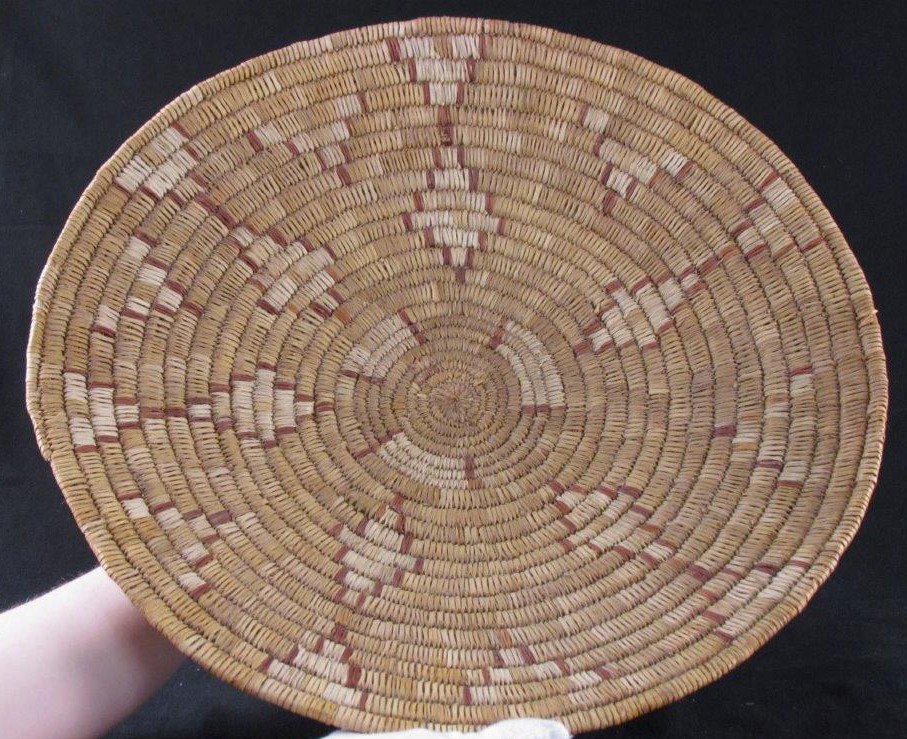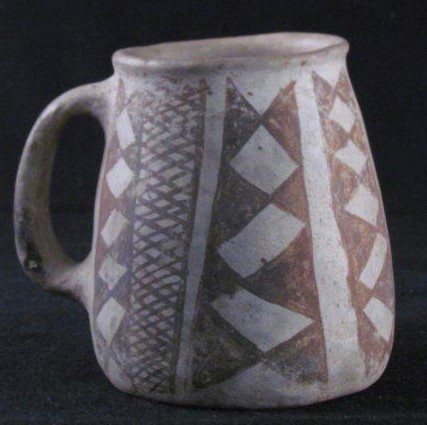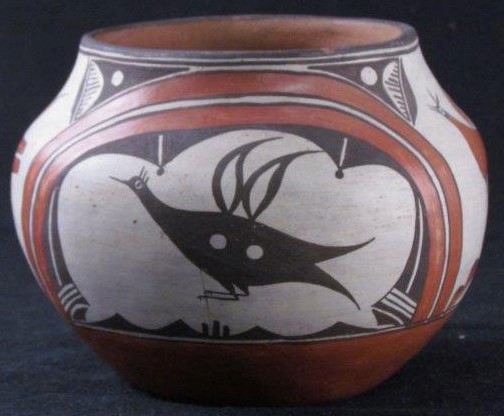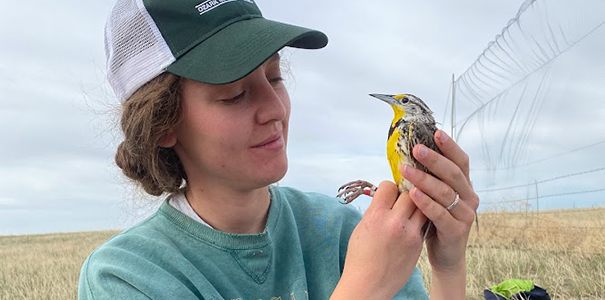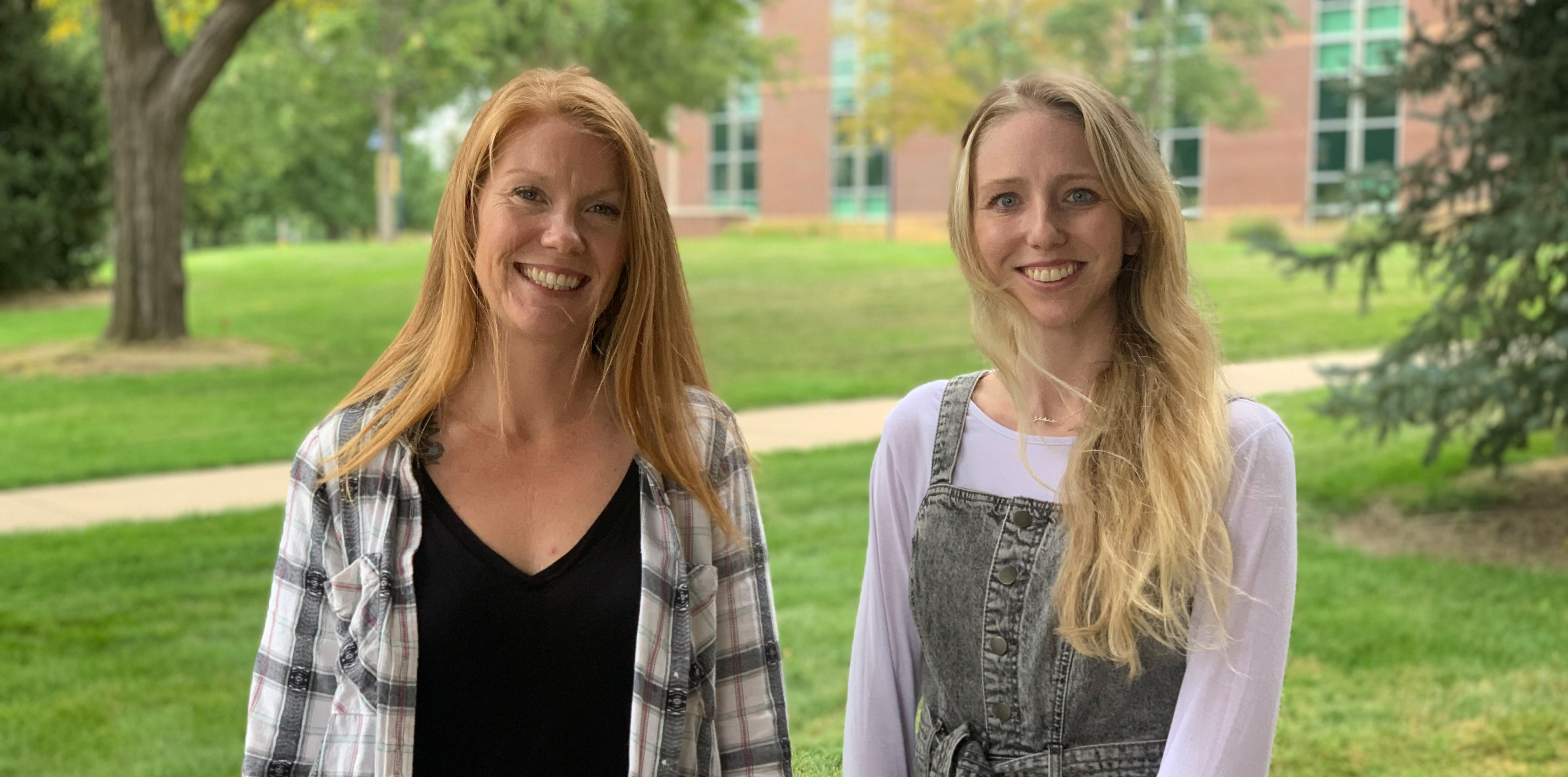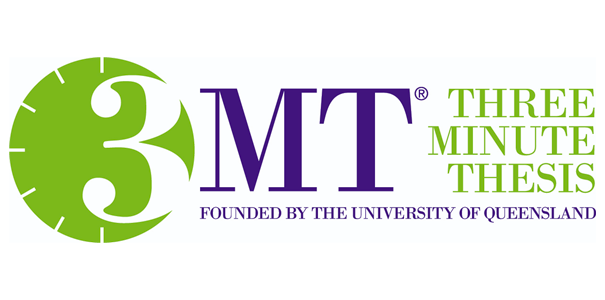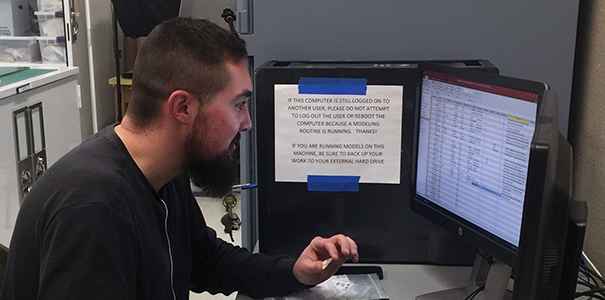
In May of 2019, Andy Creekmore, Ph.D., an associate professor of Anthropology at the University of Northern Colorado, received a $6,500 grant from the Colorado Statewide Internet Portal Authority (SIPA) Micro-Grant Program.
The grant is being used to make UNC’s collection of more than 3,000 southwestern and plains prehistoric and historic artifacts publicly accessible through an online database that’ll be searchable and Google indexed through Digital UNC.
According to SIPA’s website, the Micro-Grant Program is designed to connect residents to governments and governmental entities by placing more information and services online. Since 2010, more than 250 grants in excess of $1.1 million have been awarded to different governments and entities across Colorado.
The $6,500 grant is funding the process of taking photographs of the artifacts, checking inventory and entering information into databases.
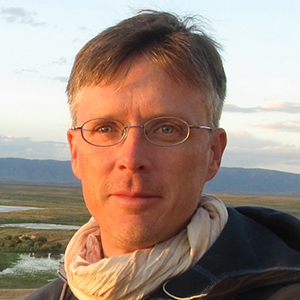 “What we want to do is get photographs and descriptions of everything we have on Digital
UNC, so that anybody anywhere in the world knows we have it and can learn something
about it,” Creekmore said. “If you’re a scholar or grad student and want to research
these artifacts, you can come here. We really just want to share it broadly, which
is kind of an ethical responsibility at a minimum.”
“What we want to do is get photographs and descriptions of everything we have on Digital
UNC, so that anybody anywhere in the world knows we have it and can learn something
about it,” Creekmore said. “If you’re a scholar or grad student and want to research
these artifacts, you can come here. We really just want to share it broadly, which
is kind of an ethical responsibility at a minimum.”
Digital UNC will feature photographs of the artifacts along with information about its history. The grant is also funding the beginning process of creating 3D photogrammetry models for the artifacts, which extracts information from photographs and converts it into a 3D model.
The digitizing process comes, in part, as a response to receiving several hundred objects about five years ago from a Colorado Springs museum. The objects that UNC had loaned to the museum 30 years ago in 1985 were returned to the university by the museum. Current faculty had been unaware of the loan. Once it was back at the university, the UNC Anthropology Program began to work on curating the collection, which includes fragile pots, leather and other items that have to be curated with proper attention to climate, environment and temperature.
Some of the artifacts added to Digital UNC:
UNC’s collection was never exhibited in the Colorado Springs museum and had not been on public display since the ‘70s.
“We got this collection back, learned about the history of it and really felt a responsibility,” Creekmore said. “These artifacts are very significant for the study of Native American culture and need to be made public, so, over the last five years, I’ve been working hard to get them out of boxes and onto shelves in our lab.”
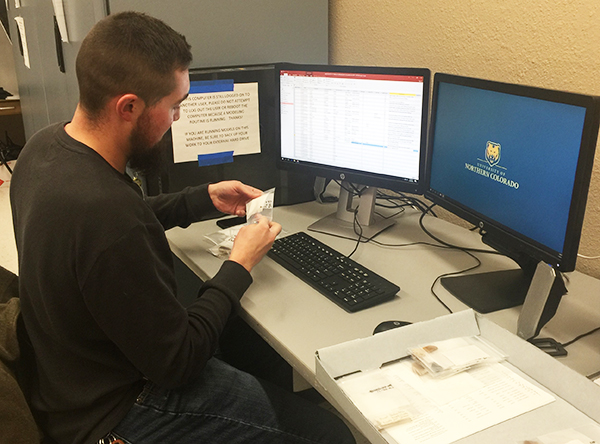
Above: Recent graduate Nick Trujilo enters data for the stone tool artifacts.
Creekmore recruited two UNC Anthropology students to assist him in the process of digitizing these artifacts. Jen Ketz, a graduate student in the School of Art and Design who graduated from UNC with a bachelor's in Anthropology in 2018, is taking photographs of the artifacts, and Nick Trujilo, a spring 2020 graduate, is entering data and checking inventory for the stone tools.
According to Creekmore, the grant covers the cost of digitizing and getting the artifacts online, as well as paying Katz and Trujillo a stipend for their work. These students are being trained in anthropology while also bringing attention to the collection that the university values.
“Hopefully by the end of the grant period, which is December of this year, we’ll have the collection online in one form or another,” Creekmore said. “That would be a really significant achievement that everybody can be proud of.”
—Written by Mackenzie Eldred
More Stories
-
Alumna Receives NSF Graduate Fellowship for Avian Conservation Research
Este artículo no está en español.
-
Novel and Interdisciplinary Research on Transgender Health
Este artículo no está en español.
-
Grad Students Researching Methods to Strengthen Mental Health Training in Rural Schools
Este artículo no está en español.
-
Doctoral Students Present Dissertation Projects in Three-Minute Competition
Este artículo no está en español.

